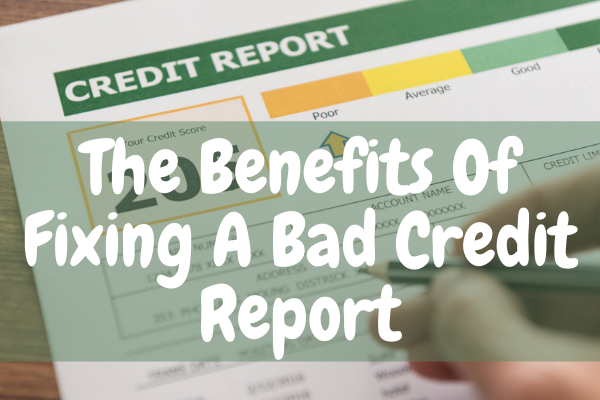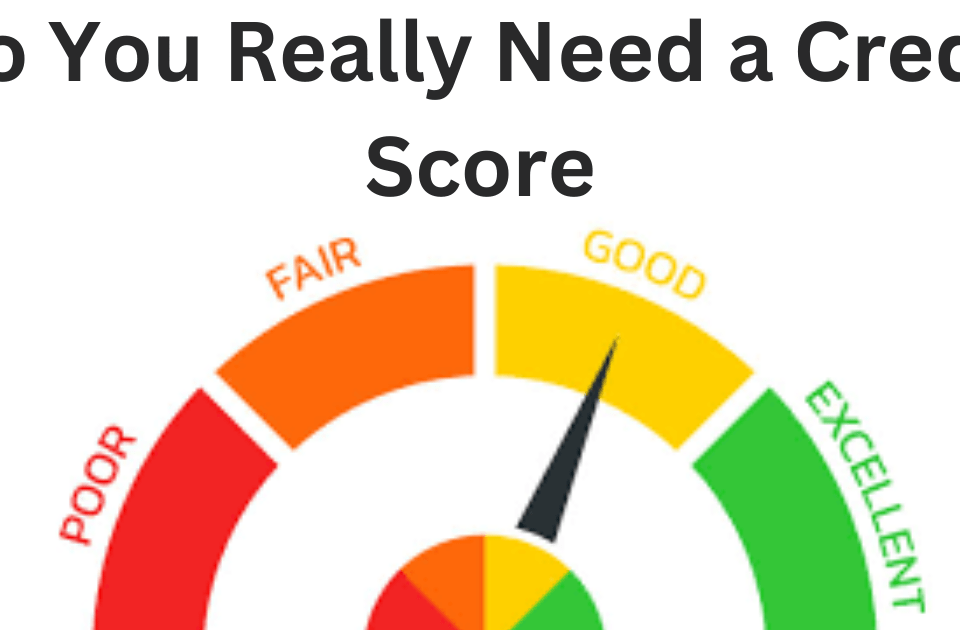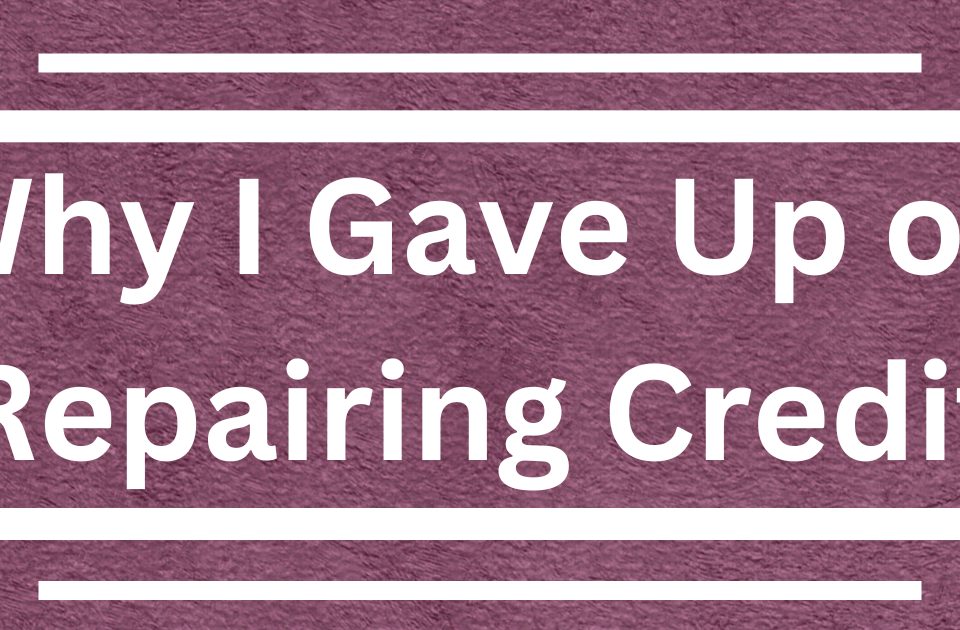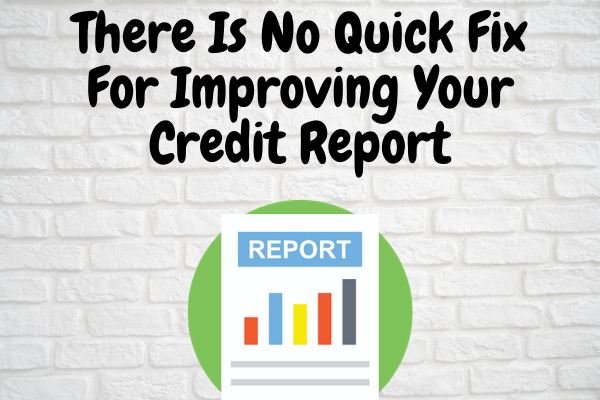If your credit report has bad marks, a consequence of outstanding debt, you should immediately pay the debt off. The debt with the highest interest rates should be your top priority. If you find this task too overwhelming, contact a non-profit credit-counseling association to receive help and guidance for your financial concerns. You can develop a debt-consolidation plan and a counselor can even get in touch with your creditors and convince them to reduce the amount of money you owe.
Furthermore, do not open unnecessary accounts. They will simply burden you with more bills and ultimately, debt. Until you have established a good credit history, new credit cards should be avoided entirely. Only borrow money for your needs. Even if you have a high income, credit cards can still hinder you financially.
Creditors assess your report and ultimately decide whether or not to grant you a credit or a loan and once an application is accepted, they will then determine how much money to lend you. The national credit bureaus are responsible for collecting the information in your credit history and they relay it all to lending institutions and the like. But you can receive a free copy of your credit report and thus know exactly what’s in it as well. A healthy way to keep your credit in check is to check your credit report at least once a year. This way you can keep an eye on how you’re doing financially and also correct any errors.
By learning to deal with your money and also by keeping a keen eye on your report, you will be able to fix your credit report in no time.






